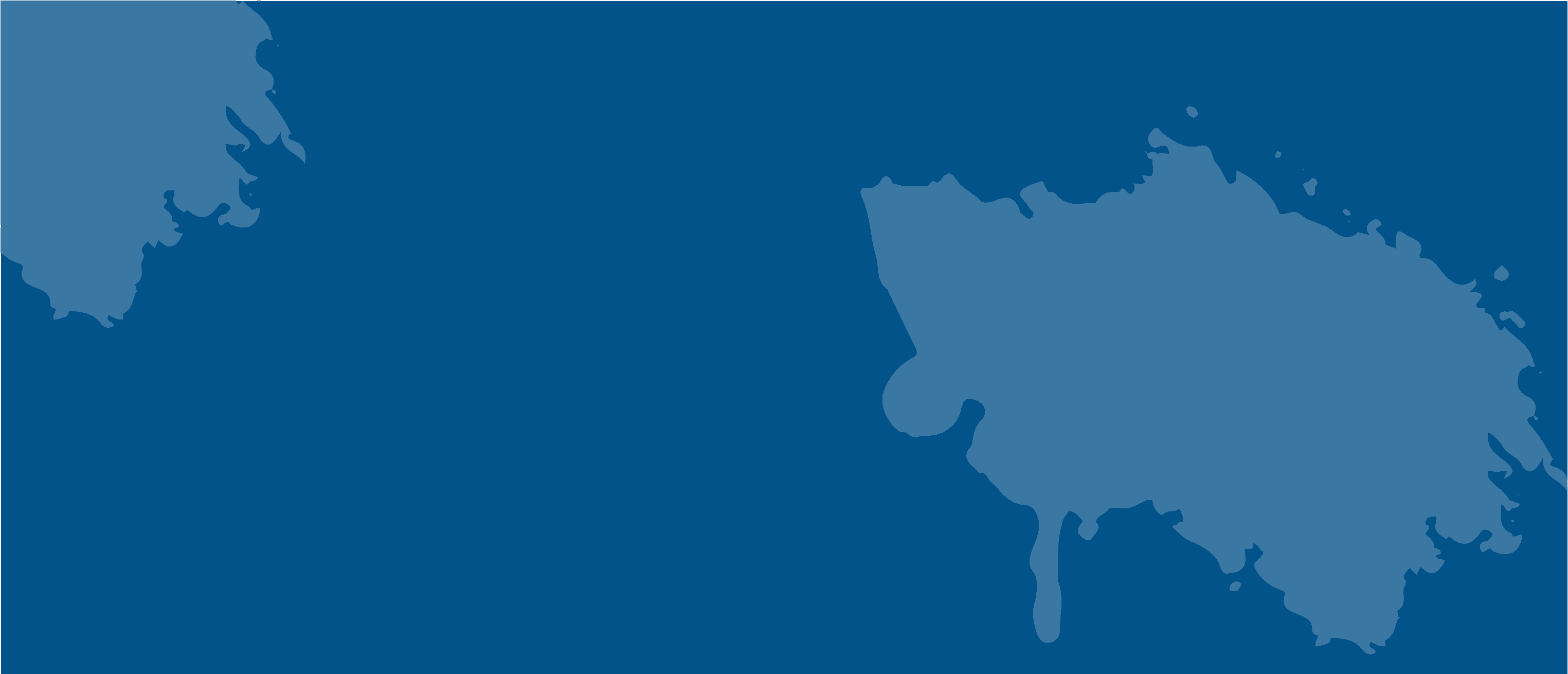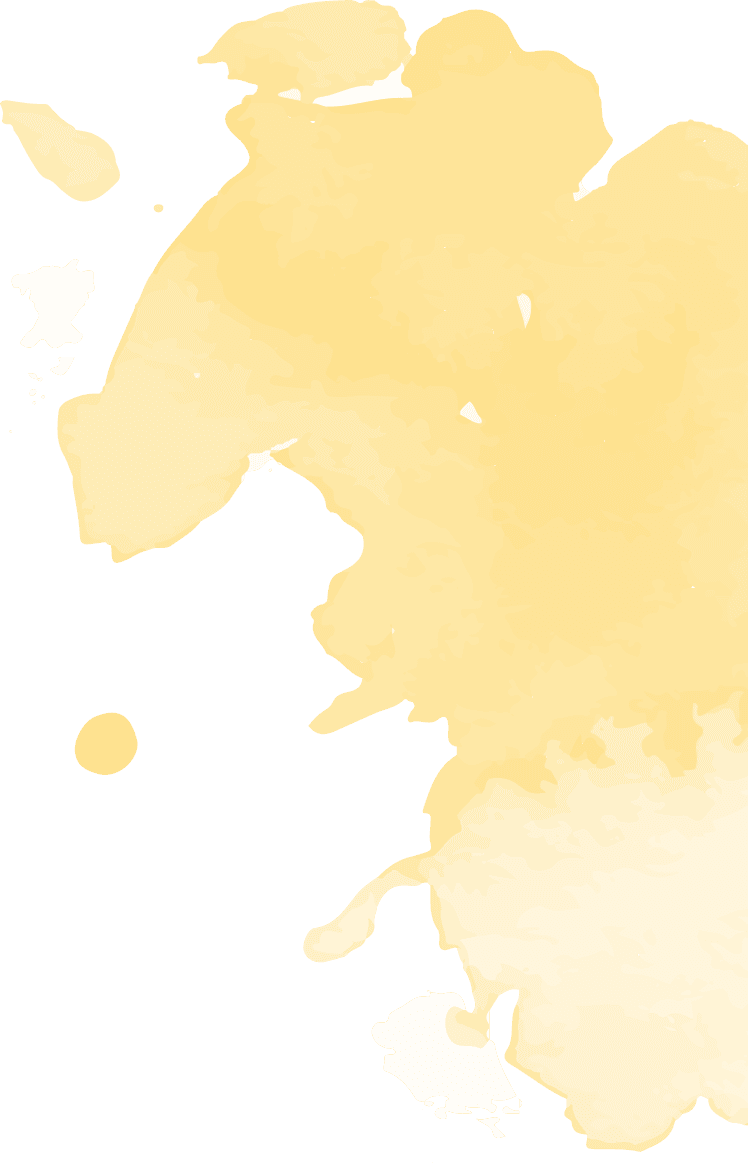
Two Wings
CORDE
Cambodia



Poor Access to Education
Cambodia is a country devastated by three decades of war and strife. Generations have grown up who know nothing but a life of war, famine, death, and disease. Millions were illiterate and uneducated in reading and writing. Formal education had almost come to a complete standstill.
In 1998 some statistics estimated the literacy rate in Cambodia at 35%, but it increased to about 70% in 2003. Although the government has tried to establish a national education system, there is still a huge number of children in Cambodia without access to basic education.
The Cambodian Organization for Research, Development, and Education (CORDE) was established in 1994. It was against the backdrop of an uncertain but hopeful future that a group of seven Cambodians decided to contribute to their social development by forming this private, non-profit and non-political voluntary development organization.
CORDE’s aim is “Promoting the transformation of individuals, institutions, and communities in determining their own path of development and the generation, application and dissemination of knowledge based on the principle of nobility of humankind”.
In keeping with this purpose, CORDE’s first activities offered non-formal education for children and young people as most of them did not attend school and the inefficiency of formal education in Cambodia left a lot to be desired. CORDE initiated non-formal education as the only educational opportunity for pupils. The classes covered language teaching and other academic topics for a large percentage of the students who came from poor families.
Most of the first initiatives focused on the Battambang province, in northwestern Cambodia. Enthusiastic volunteers gathered children from their villages to hold daily tutorials for at least two hours with 20 students. As more teachers emerged to help, more classes were started in all available places: the teachers’ apartments, market square, or under the trees.
As the number of classes increased and the number of students multiplied, CORDE began a systematic educational program for its teachers to enable observation and ensure that the quality and content of teaching would constantly improve. CORDE also offers educational programs for juniors and adults. For community collaboration, they are trained to start schools in places where there are no schools. Nowadays, in more than 186 locations in remote communities of Cambodia, supplementary education has been provided by hundreds of CORDE Youth Volunteers.

